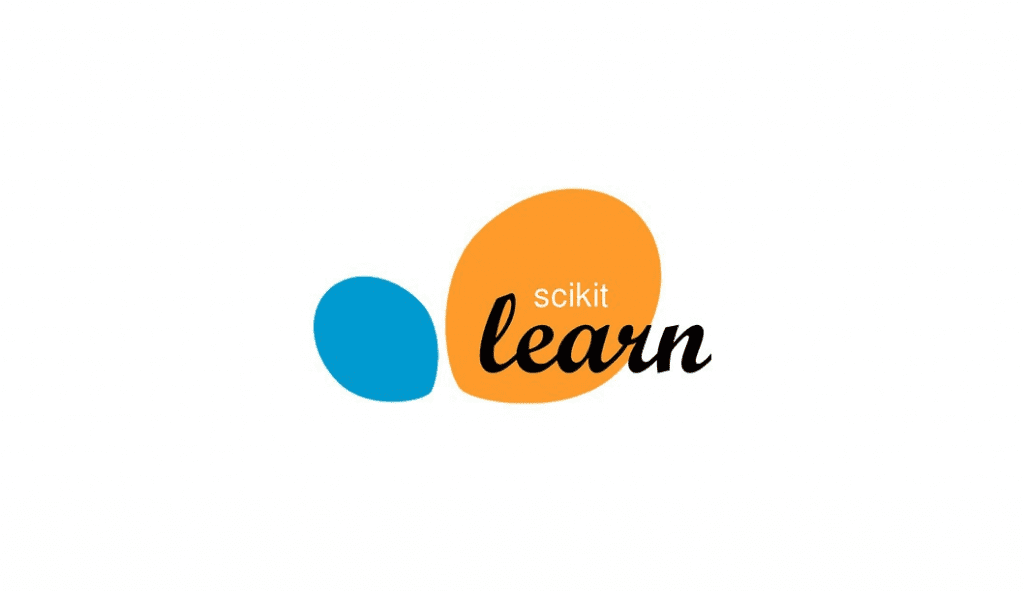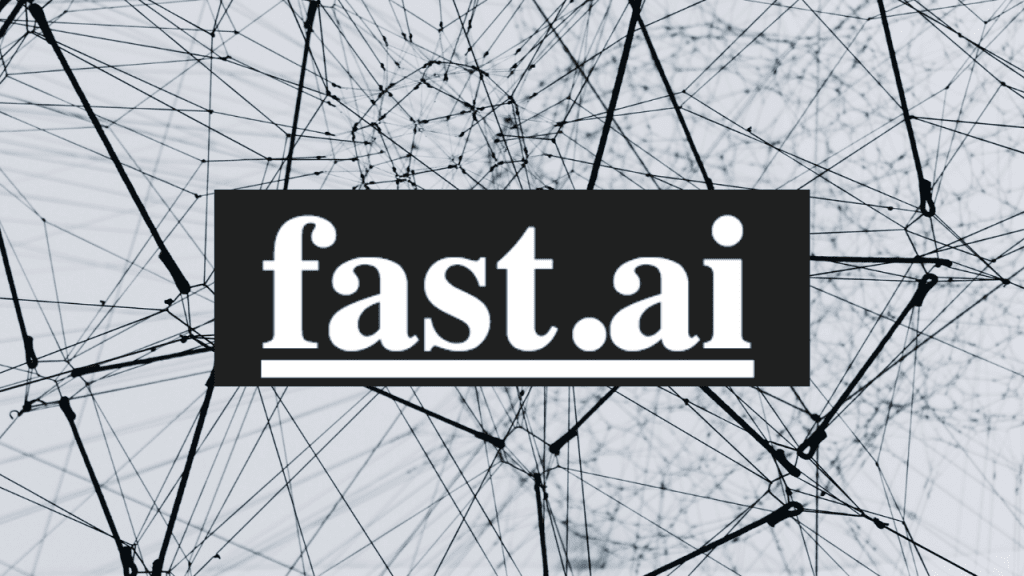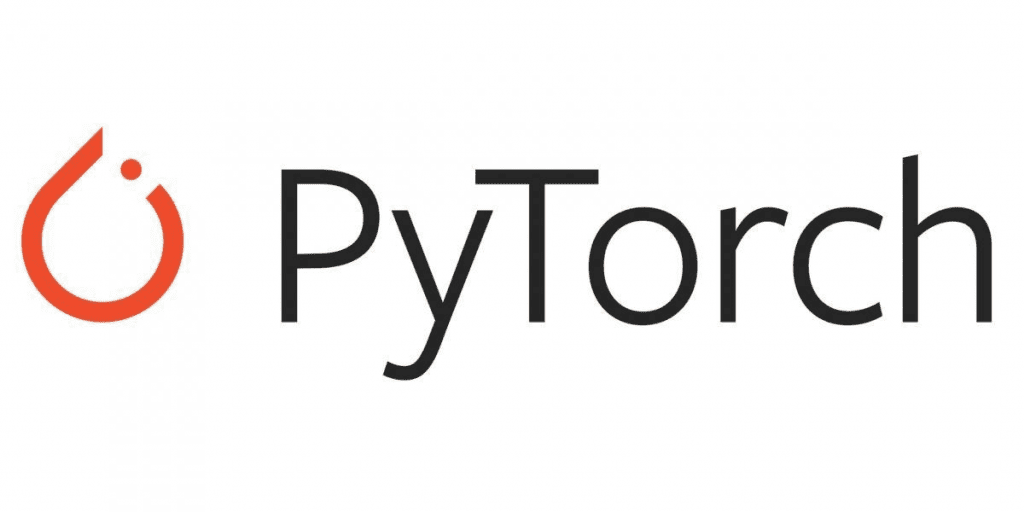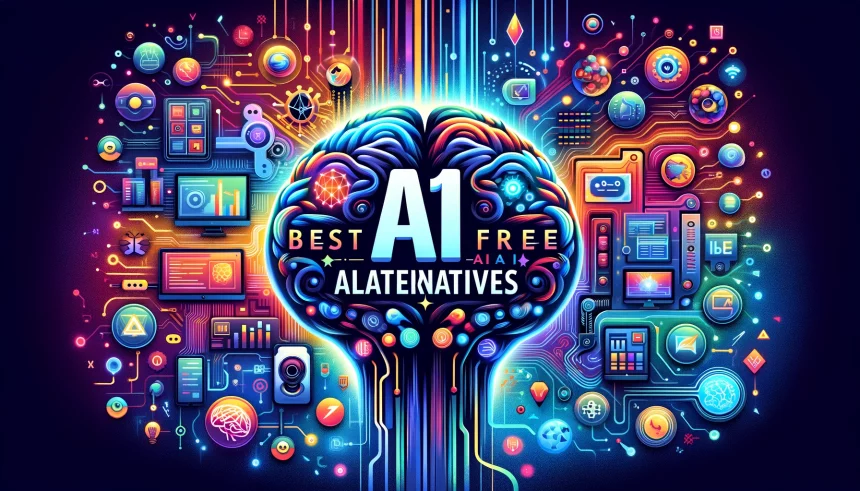In the realm of artificial intelligence, Kaiber AI has emerged as a powerful tool for automating a variety of tasks, ranging from content creation to data analysis. However, not everyone's needs or budget aligns with what Kaiber AI offers.
Whether you're a developer, a content creator, or a business owner looking to harness the power of AI without breaking the bank, exploring free alternatives can be a game-changer.
See Also: 7 Face Swap Apps to Make Your Photos Hilarious
In this article, we'll dive into the 10 best free Kaiber AI alternatives, each offering unique capabilities to enhance your productivity. We'll provide an overview of their features, use cases, and where you can securely download them to start innovating today.
Best Free Kaiber AI Alternatives
1. OpenAI's GPT

OpenAI's GPT (Generative Pre-trained Transformer) series, including GPT-3, offers state-of-the-art natural language processing capabilities. It's ideal for generating text, translating languages, and creating conversational AI models.
- Download Link: OpenAI API
2. TensorFlow

TensorFlow, developed by Google, is an open-source framework for machine learning and AI development. It's suitable for both research and production, supporting tasks from deep learning models to complex neural networks.
- Download Link: TensorFlow
3. Hugging Face Transformers

Hugging Face offers a vast library of pre-trained models for natural language understanding (NLU) and natural language generation (NLG). It's great for developers looking to implement AI in applications without starting from scratch.
- Download Link: Hugging Face
4. Apache PredictionIO

Apache PredictionIO is an open-source machine learning server for developers and data scientists to build and deploy predictive applications. It integrates with Hadoop, Spark, and HBase for large-scale data processing.
- Download Link: Apache PredictionIO
5. Scikit-learn

Scikit-learn is a Python-based library that offers simple and efficient tools for predictive data analysis. It's particularly well-suited for statistical modeling, including classification, regression, and clustering tasks.
- Download Link: Scikit-learn
6. AllenNLP

AllenNLP, developed by the Allen Institute for AI, focuses on deep learning-based natural language processing. It simplifies tasks like semantic role labeling, text classification, and parsing.
- Download Link: AllenNLP
7. PaddlePaddle

PaddlePaddle, by Baidu, is an easy-to-use, efficient, flexible, and scalable deep learning platform. It's particularly adept at handling complex industrial applications with its rich APIs in computer vision and natural language processing.
- Download Link: PaddlePaddle
8. Fast.ai

Fast.ai makes deep learning more accessible, focusing on simplifying and democratizing AI technologies. Its high-level components make it easier for beginners to implement complex models.
- Download Link: Fast.ai
9. PyTorch

PyTorch is an open-source machine learning library, developed by Facebook's AI Research lab. It provides a flexible platform for research in artificial intelligence, focusing on deep learning and neural networks.
- Download Link: PyTorch
10. Keras

Keras is an open-source neural network library written in Python. It's designed to enable fast experimentation with deep neural networks, being user-friendly, modular, and extensible.
- Download Link: Keras
Conclusion
Embracing AI and machine learning technologies can significantly boost your productivity and innovation. The alternatives to Kaiber AI listed above offer a wide range of capabilities to suit various needs and expertise levels.
By leveraging these free resources, you can explore the vast potential of AI without the need for significant investment. Start experimenting with these tools today to unlock new possibilities and drive your projects forward.
Remember, while downloading and experimenting with new tools, always ensure you're doing so from their official websites or trusted sources to keep your data and devices secure.



